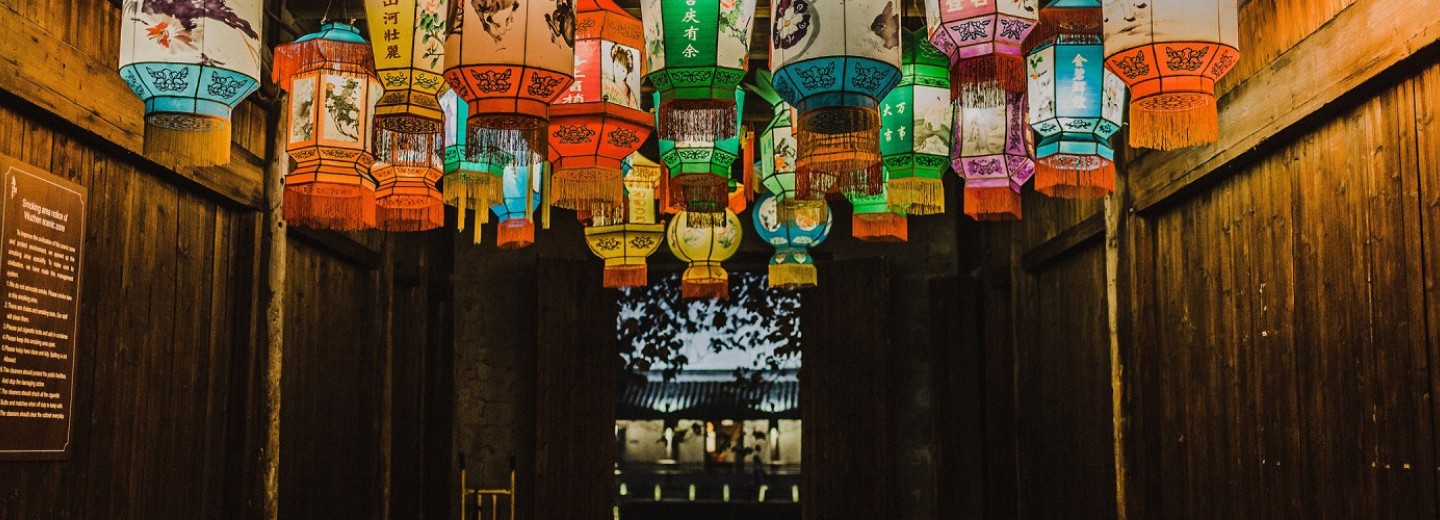Miles apart – a tale of two cultures
There is no single ‘Western’ culture. But today’s Western values come from ancient Greece. Through colonialism – and more recently global Western media – Greek thinking and philosophy is at the core of beliefs in every part of the world that the West has touched. Logic, science and especially the precious Western concept of ‘democracy’, originated in Greece. This culture has been refined and embellished from Roman times onwards. Western culture today stems directly from the Greek philosophers who lived and wrote 2,300 years ago.
One important civilisation, the oldest as it happens, owes nothing to Greek thinkers. This civilisation produced its own thinkers and writers. Many also wrote about important ideas around 2,300 years ago. For two millennia, its citizens had little contact with Western thought and no understanding of Western culture.
That civilisation is Chinese.
‘Confucius says…’

Looking briefly at both philosophies, developed and written at almost the same time but thousands of miles apart, they determine directly today’s cultures and values.
The circumstances in each place were curiously similar. Aristotle, Plato and Socrates wrote at a time when small cities and states around the Mediterranean were constantly at war with each other. The philosophers often harked back to the ‘golden age’ of Homer when life seemed to have been more stable and idyllic.
Confucius, Xunzi, Mozi and other Chinese philosophers, wrote during China’s devastating warring states period. They harked back to the golden age of wise kings and sages who ruled an orderly Chinese world nobly, as ‘gentlemen’, several hundred years before.
‘According to Plato…”
Greek philosophers sought to use logical thought to solve the mysteries of life and the nature of society. They saw themselves as scientists. Chinese philosophers were interested in ideal behaviours and the orderly running of the state for the prosperity of all the people.
Another important difference was the size of the population in each culture. Ancient Greece is thought to have had a population of around 10 million. Plato, for example, gives an example of a ‘city’ of 1,000 people. In China, in the same era, lived at least 60 million people. Armies numbered in the hundreds of thousands. Governing 60 million people is quite different from governing only 10 million.
Chinese philosophers above all believed in discipline and order as the means to achieve stability and prosperity. A successful state was populous, prosperous and well ordered. Those who ran successful states would be ‘righteous’. Each class of citizen had its rightful place in society. (This was not fixed for all time and individuals could rise or fall through worthy or unworthy behaviour). But dissent leads to chaos; chaos leads to the collapse of society and starvation.Now consider this paragraph from Aristotle:
… democracy is a charming form of government, full of variety and disorder and dispensing a sort of equality to equals and un-equals alike.
How appalling this would seem to the Confucian school. It encourages disorder. The proper functioning of the different classes is overthrown. No state can be successful that promotes these false and wicked principles.
Little has changed
These cultural differences are the same today – after all, it is only 23 centuries since they both originated.
Consider the PRC flag with its five stars that was unveiled on 1 October 1949 by Mao Zedong. The great star is the Communist Party, the saviour of China. The other four stars represent the working class, the peasantry, the urban petty bourgeoisie and the national bourgeoisie. Each class has its place – as of old. (The yellow colour of the stars, by the way, depicts the colour of the Chinese race – no ethnic inhibitions here!)
The famous Chinese historical novel, Three Kingdoms, written in the 13th century about the end of the Han dynasty in 220 AD, starts with the lines:
The empire, long divided must unite; long united must divide. Thus it has always been.
And so it always has been. Every successful dynasty sooner or later collapsed – no doubt through the unworthy behaviour of the Emperor and his court. The period of chaos arising from the breakdown of order, lasted from 100 or so years to several hundred years. The people yearned for order and prosperity again.
China has just emerged from a period of chaos. This began with the incursion of Western powers determined to exploit China’s huge potential in the 18th century. It ended with the creation of the PRC in 1949.
The ‘empire’ is united again today. How can the next collapse be avoided?
Citizens and communities

The Greeks wrote about individual citizens, their rights and responsibilities. Chinese philosophers gave little thought to individuals.
Rather “If they live apart and do not help each other, then they will be impoverished. If they live together and have no social divisions, then they will struggle with each other. Poverty is a catastrophe and struggle is a disaster.”
Xunxi
Chinese people take a long view of history. Many families have written histories going back over one thousand years. Cultural traditions are everything. Chinese people believe that obedience, order, and responsible behaviour are the way to peace and prosperity. This is how they have been educated for the last 2,300 years.
In the West ‘a week is a long time in politics.’ Western people believe in looking forward, not back. Western people believe in diversity, free expression, challenging arguments; this is the way they have been brought up since ancient Greece.
Neither way is right or wrong. Both can result in both good and evil. Both deserve respect for the success each has had and their durability in a world that has changed dramatically. It is provocative and pointless to try and change cultures that have existed for thousands of years.
The West, especially, needs to learn this.
Worked on the article:

Wanlikhang





